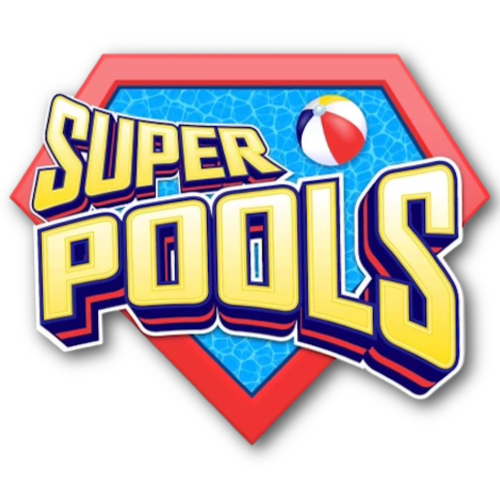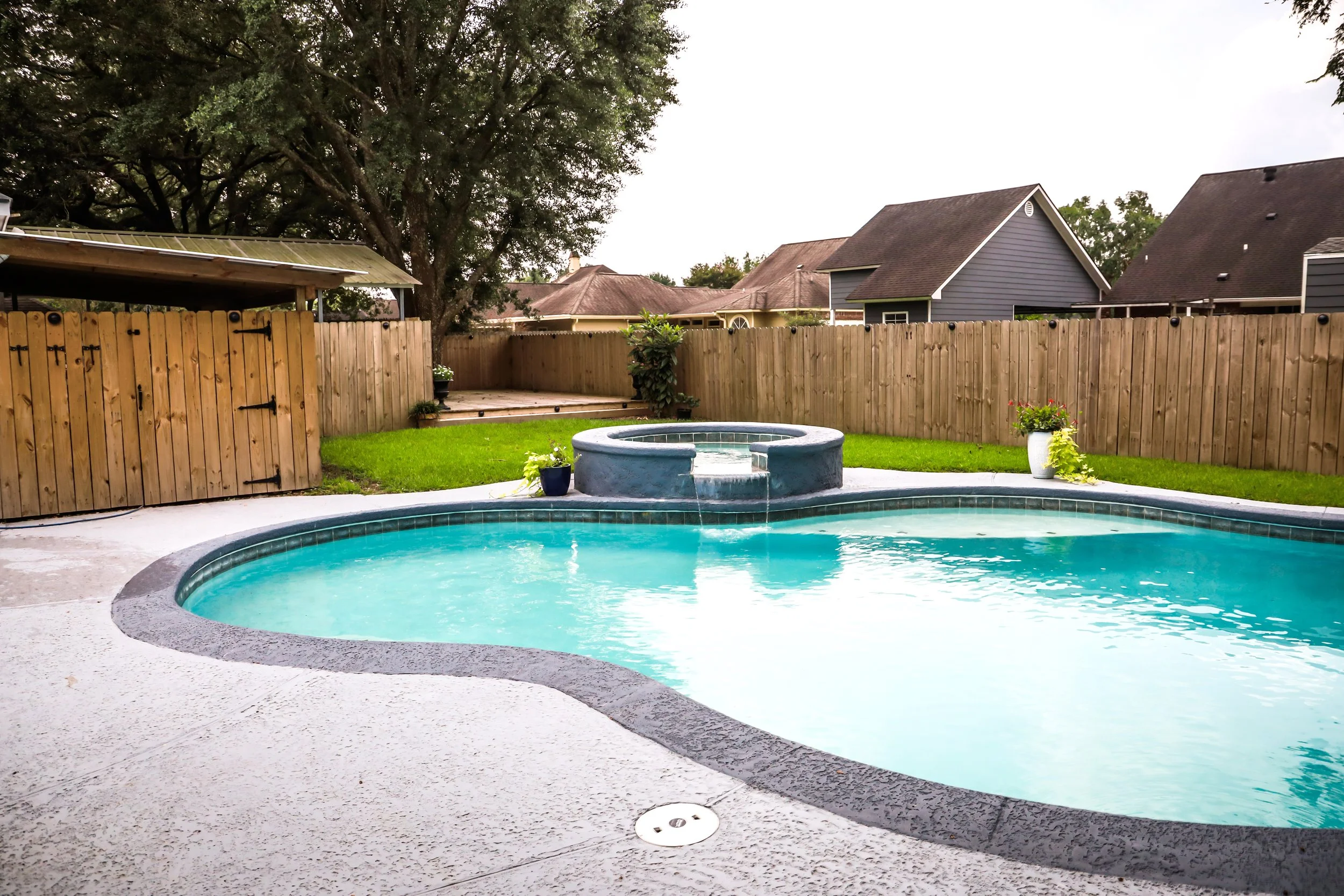Salt System vs. Chlorine: Choosing the Right Pool Sanitation Method for You
Maintaining a pristine and enjoyable swimming pool requires selecting the appropriate sanitation method. Two popular choices are salt systems and chlorine. In this blog, we will dive into the characteristics of each method, outline their differences, and help you determine which option aligns best with your preferences and budget.
Chlorine - The Time-Tested Sanitizer:
Chlorine, a traditional pool sanitizer, comes in various forms, such as liquid, tablets, and granules. It effectively eradicates bacteria and contaminants, ensuring a safe and hygienic swimming environment. Chlorine systems typically involve a chlorine feeder or floater, allowing for controlled and gradual chlorine release into the pool water.
Pros:
Proven Effectiveness: Chlorine has a strong track record in maintaining clean and safe pools.
Cost-Effective: Initial setup costs are generally lower compared to salt systems.
Widely Available: Chlorine products are easily accessible at most pool supply stores.
Cons:
Maintenance: Regular monitoring and adjustments are necessary to maintain optimal chlorine levels.
Skin and Eye Irritation: Prolonged exposure may cause irritation for some swimmers.
Salt System - A Modern Approach to Pool Maintenance:
Salt systems use electrolysis to convert salt into chlorine, ensuring a continuous supply of this sanitizer. Salt systems include a salt cell or generator, which, through electrolysis, produces chlorine from the salt added to the pool water. Regular monitoring of the salt levels and occasional cleaning of the salt cell are essential maintenance tasks. While the initial installation cost may be higher, many pool owners appreciate the ease of maintenance and the softer water feel associated with salt systems.
Pros:
Low Maintenance: Salt systems automate chlorine production, reducing the need for frequent manual adjustments.
Softer Water: Salt systems often result in water that feels gentler on the skin and eyes.
Long-Term Cost Savings: Despite a higher upfront investment, ongoing costs may be lower compared to purchasing chlorine products.
Cons:
Higher Initial Cost: Installing a salt system can be more expensive initially.
Equipment Complexity: Salt systems involve more complex equipment, potentially leading to higher repair costs if issues arise.
Choosing the Right Option for You:
For Those on a Budget: If you prefer a cost-effective solution and don't mind regular maintenance, chlorine might be the better choice.
For Low Maintenance and Comfort: If you lean toward a lower-maintenance option with the added benefit of softer water, a salt system could be worth the initial investment.
Ultimately, whether you choose the time-tested reliability of chlorine or the modern convenience of a salt system, the goal is a crystal-clear pool that brings joy to you and your family. For further guidance tailored to your specific needs, consult our experts at Super Pools by filling out our contact form. We're here to help you make the best decision for a pool that meets your unique requirements.




